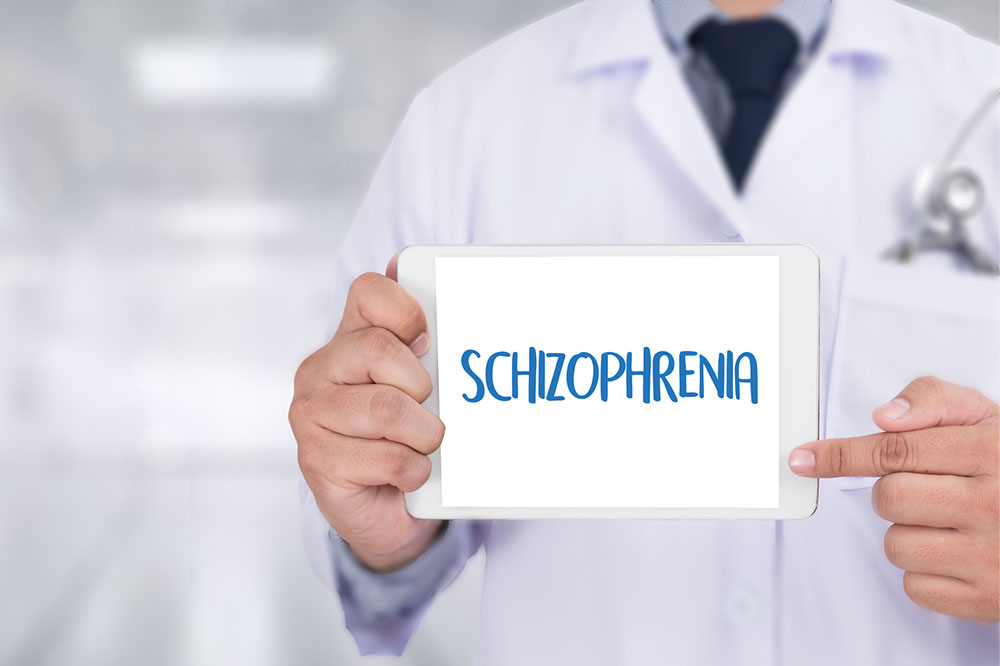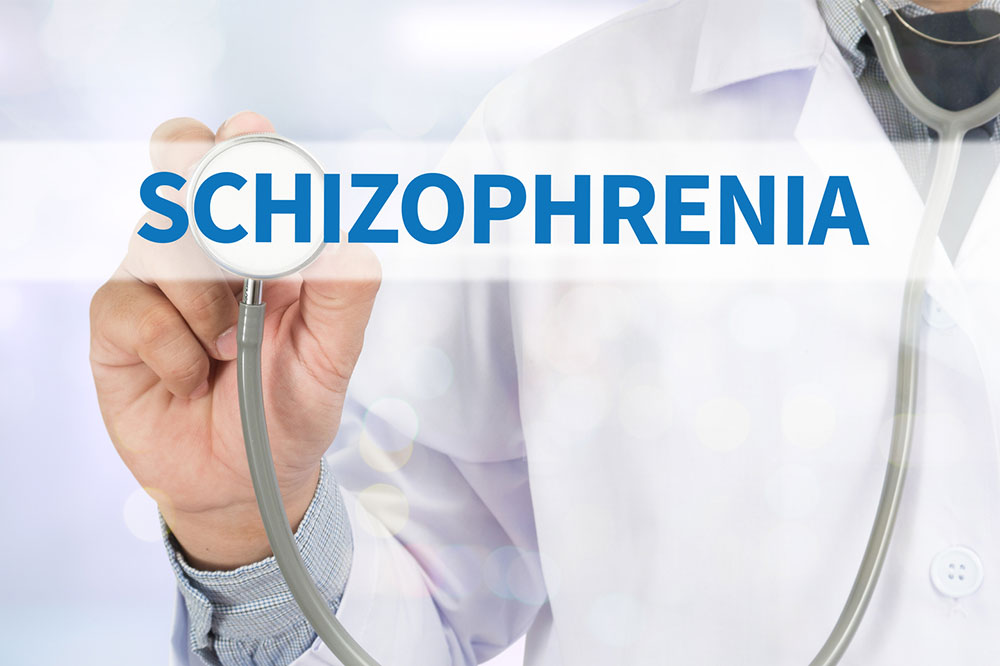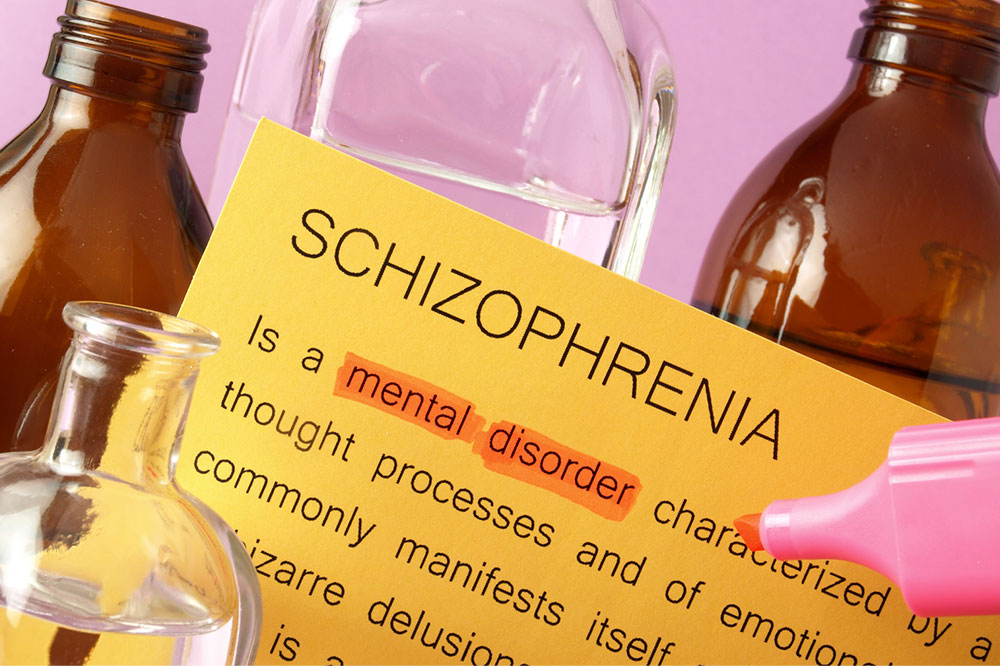Comprehensive Overview of Schizophrenia: Symptoms, Origins, and Effective Treatment Approaches
This comprehensive article delves into schizophrenia, exploring its symptoms, causes, and management strategies. It provides detailed insights into diagnosis, biological and environmental factors, and treatment options including medications and psychosocial therapies. Early detection and a multidisciplinary approach are emphasized for improved patient outcomes. Suitable for those seeking an in-depth understanding of this complex mental health condition, the article offers valuable guidance for patients, families, and healthcare providers.

Comprehensive Overview of Schizophrenia: Symptoms, Origins, and Effective Treatment Approaches
Schizophrenia is one of the most complex and challenging mental health disorders that significantly impacts an individual’s perception, thought processes, emotions, and overall behavior. This serious condition can profoundly affect daily functioning and social interactions, often leading to significant distress for both patients and their families. Understanding schizophrenia involves recognizing its symptoms, exploring its potential causes, and knowing the available management and treatment options that can help individuals lead productive lives despite the disorder.
Globally, approximately 1% of the population will experience schizophrenia at some point in their lifetime. Despite extensive research, the precise origins are still not entirely clear, though advancements have increased understanding of its biological and environmental components. Although there is currently no cure, a combination of medication, psychotherapy, social support, and lifestyle adjustments can effectively control symptoms and improve quality of life.
Key symptoms of schizophrenia include a range of cognitive, perceptual, and behavioral disturbances. Recognizing these symptoms early can lead to timely intervention, which is crucial for better outcomes. The main clinical manifestations encompass:
Delusions: These are false beliefs firmly held despite evidence to the contrary. Patients may feel persecuted, believe they have special powers, or think they are under constant surveillance, significantly impairing their ability to function normally.
Hallucinations: These involve perceiving sensory experiences without external stimuli. Auditory hallucinations are the most common, with individuals hearing voices that no one else hears. Visual, olfactory, or tactile hallucinations can also occur, adding to the distress.
Disorganized Thinking and Speech: People with schizophrenia often experience difficulties organizing their thoughts. This results in incoherent speech, tangential responses, or sentences that lack logical connection, making communication challenging.
Abnormal Motor Behavior: This includes repetitive, purposeless movements, agitation, or catatonia. Such behaviors can interfere with routine activities and worsen during psychotic episodes.
Negative Symptoms: These are characterized by diminished emotional expression, social withdrawal, lack of motivation, and neglect of personal hygiene. Such symptoms often lead to social isolation and hinder role functioning in work, relationships, and self-care.
Diagnosis involves comprehensive medical assessments, including psychiatric interviews, physical examinations, and laboratory tests to rule out other causes. Persistent symptoms lasting longer than six months are indicative of schizophrenia, enabling clinicians to establish a definitive diagnosis. Accurate diagnosis is essential for timely and effective treatment planning.
Understanding the Causes of Schizophrenia
The etiology of schizophrenia is multifactorial, involving an interplay of genetic, neurobiological, and environmental factors. Although no single cause has been identified, research has increasingly pointed towards a biological basis, challenging earlier assumptions that emphasized parenting or personal shortcomings.
Genetics: Family history remains one of the most significant risk factors. The likelihood of developing schizophrenia increases to about 10% if a parent or sibling is affected, compared to less than 1% in those without affected relatives. Specific gene variations are being studied to better understand genetic predispositions.
Brain Structure and Function: Neuroimaging studies have revealed differences in brain areas involved in cognition, perception, and emotion regulation among individuals with schizophrenia. These include reduced gray matter volume in certain regions and abnormal activity in the prefrontal cortex and limbic system.
Environmental Influences: Various environmental factors may trigger or exacerbate symptoms, especially in genetically vulnerable individuals. These include prenatal stress, exposure to infections, traumatic life events, high-stress environments, substance abuse (particularly cannabis use during adolescence), and viral infections.
Strategies for Managing and Treating Schizophrenia
Although schizophrenia is a chronic mental disorder with no current cure, a comprehensive treatment plan tailored to individual needs can significantly improve symptoms and functioning. The primary treatment goals focus on controlling psychotic symptoms, preventing relapses, and promoting social and occupational rehabilitation.
Medication remains the cornerstone of treatment. Antipsychotic drugs, both typical and atypical, help reduce hallucinations, delusions, and agitation. These medications work by altering neurotransmitter activity in the brain, primarily dopamine pathways. Adjusting medication types and doses is often necessary to minimize side effects and maximize benefits.
Psychotherapy is equally vital in managing schizophrenia. Cognitive Behavioral Therapy (CBT) helps patients identify and challenge distorted thoughts and beliefs, develop coping skills, and reduce the severity of symptoms. Psychosocial interventions, including social skills training, family therapy, and supported employment programs, facilitate integration into society and improve daily functioning.
Holistic approaches and lifestyle modifications also contribute to better outcomes. Stress management techniques, adequate sleep, proper nutrition, and regular physical activity support mental health and medication adherence. Psychoeducation empowers patients and their families with knowledge about the disorder, enhancing cooperation and support networks.
In severe cases, especially where suicidal thoughts or behaviors are present, hospitalization may be necessary to ensure safety and stability. Advanced treatments such as Electroconvulsive Therapy (ECT) are considered when medication response is inadequate. Emerging therapies such as Deep Brain Stimulation (DBS) and transcranial magnetic stimulation (TMS) are under investigation to provide alternative options for treatment-resistant cases.
Overall, a multidisciplinary approach involving psychiatrists, psychologists, social workers, and family members offers the best chance at achieving remission and improving life quality for individuals living with schizophrenia. Early intervention and sustained treatment strategies are essential for managing this complex disorder effectively.





